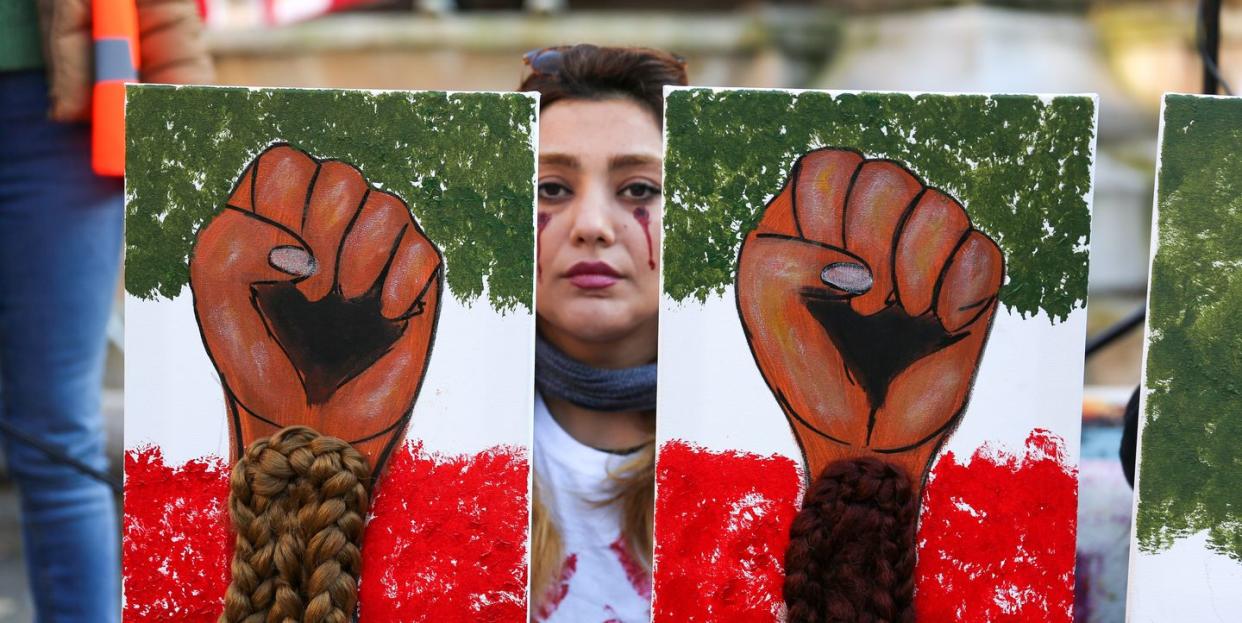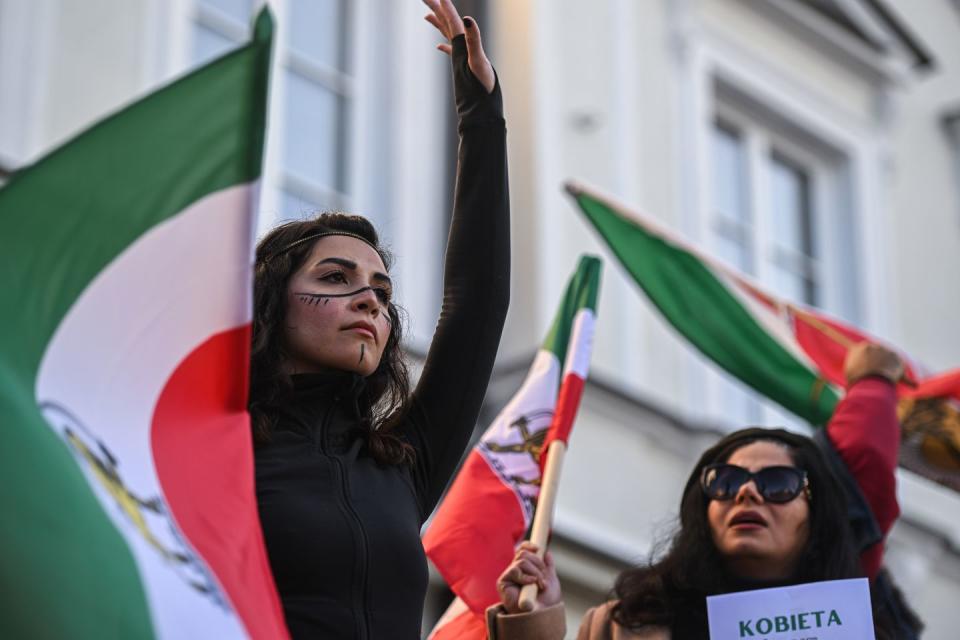Iranian Court Sentences First Person To Death Over Protests Following Mahsa Amini’s Death

A court in Tehran, Iran has issued the first death sentence to a person arrested for allegedly taking part in nationwide anti-regime protests, state media reports.
On Monday, a Revolutionary Court issued the death penalty for the defendant, whose name has not been released, for allegedly setting fire to a government facility. The BBC reports that the defendant was found guilty of ‘enmity against God’ (moharebeh), which carries the death sentence under Sharia law.
The execution comes after Iranian lawmakers voted to implement the death penalty for crimes against the state earlier this month after protests challenging clerical rule have engulfed the nation following the death of 22-year-old Mahsa Amini, who passed away on September 16 after she was detained by morality police for allegedly breaking hijab rules.
On Saturday, the Norway-based Iran Human Rights NGO stated* that at least 326 protesters, including 43 children and 25 women, have been killed by security forces since the protests began. Meanwhile, the Human Rights Activists News Agency (HRANA), put the death toll closer to 341, and has stated that an additional 15,800 protesters have been detained amid the unrest.
Daily Statistics on Iran Protests#Iran#Mahsa_Amini#HumanRights#IranRevoIution#مهساامینی pic.twitter.com/EHKkyhDqNc
— HRANA English (@HRANA_English) November 14, 2022
Last week, Iran’s judiciary chief Gholamhossein Mohseni Ejei said that ‘key perpetrators’ should be identified as soon as possible and issued sentences in order to deter other ‘rioters’, per the BBC.
In Iran, girls as young as nine and boys aged 15 and above can be sentenced to death – a decision the United Nations and human rights groups have previously criticised as it violates the UN Convention on the Rights of the Child that Tehran has ratified.
In the last few days, several Twitter users have taken to the social media platform to voice their fears for detained young girls and women given that, under Iranian law, a virgin cannot be given capital punishment. For decades, officials, journalists, and individuals from Iran have claimed that the country's authorities have circumnavigated the ruling by marrying detained girls off to prison guards to be raped the night before they're put to death.
In 2014, a report published by Justice For Iran explored the organised rape of virgin girls awaiting execution in the country's prisons. Meanwhile, former Islamic Republic leader Hussein-Ali Montazeri spoke out about the executions of young girls in his 2001 memoir Montazeri Diaries, writing: ‘I told judges not to write death sentences for girls. This is what I said. But they perverted my words and quoted me as saying: “Don’t execute girls. First married them for one night and then execute them”.’

In the last week several countries have announced sanctions on Iranian officials leading the repression of protests in Iran. The UK’s list of sanctions includes Iran’s Communications Minister Issa Zarepour and cyber police chief Vahid Mohammad Naser Majid.
‘Together with our partners, we have sent a clear message to the Iranian regime - the violent crackdown on protests must stop and freedom of expression must be respected,’ Foreign Secretary James Cleverly said.
‘The Iranian people could not be clearer. It’s time for the regime to stop blaming external actors and start listening to the voices of their people.’
French President Emmanuel Macron, who met with Iranian protesters over the weekend, also told France Inter radio that the Iranian authorities’ punishments to the ‘revolutions’ have been ‘unprecedented’.
‘Something unprecedented is happening. The grandchildren of the revolution are carrying out a revolution and are devouring it,’ she said.
Iran's foreign ministry has since called Macron’s comments ‘regrettable and shameful’.
Meanwhile, the European Union imposed sanctions on 29 Iranian figures and three organisations who have been behind the recent crackdown, including members of the Revolutionary Guards, Iran’s interior minister Ahmad Vahidi, and four officers who arrested Amini, stating that they were ‘responsible for the suppression of the Iranian protesters’.
*ELLE UK is unable to independently verify the figures as non-state media and the internet in Iran have been restricted.
You Might Also Like


